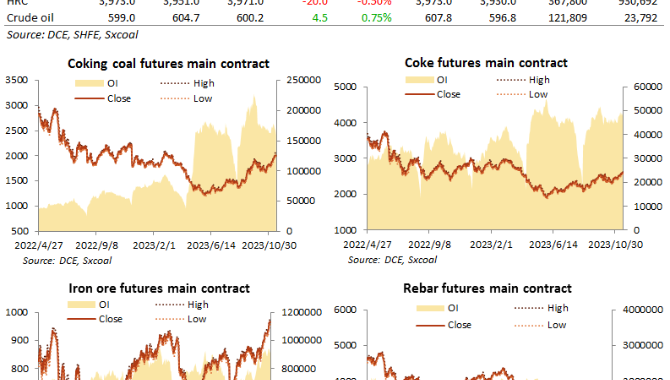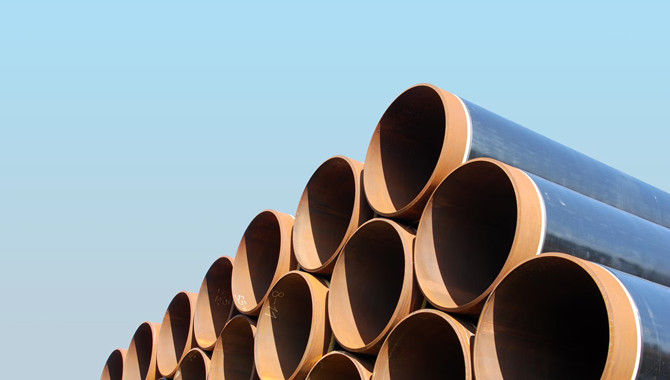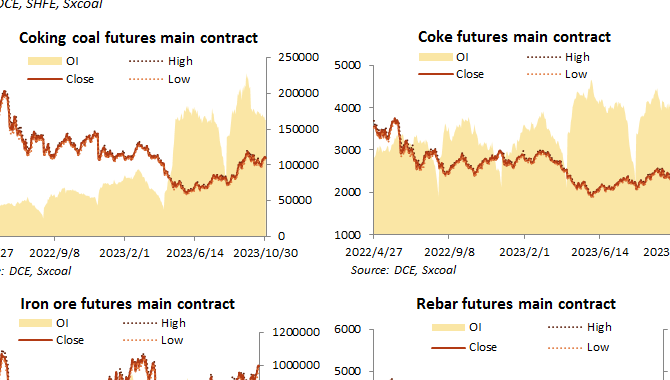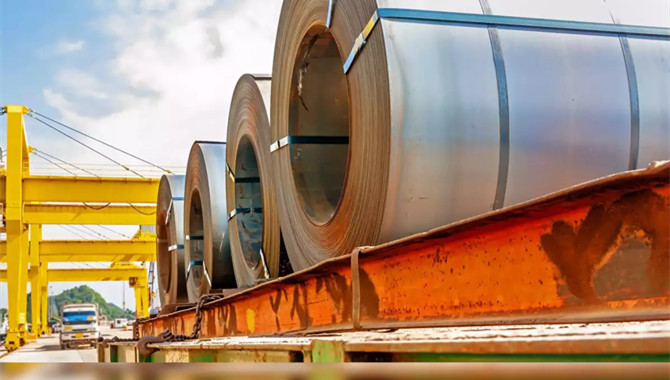
China’s iron ore imports climbed 5.3 percent in January from December, customs data showed, supported by strong restocking demand at steel mills ahead of the week-long Lunar New Year holiday this month.
Shipments of the steelmaking raw material last month were 91.26 million tonnes, up from 86.65 million tonnes in December, but were still shy of 100.3 million tonnes in January last year, data from the General Administration of Customs showed on Thursday.
January arrivals were at the highest level since September.
Steel mills in China typically replenish their inventories ahead of the Lunar New Year holiday, which this year fell during the week of Feb. 4, to ensure they have sufficient raw materials for at least 20 days.
Steelmakers also bought more iron ore last month to take advantage of rising profit-margins for steel, which climbed more than 40 percent in January.
Ore imports in February are likely to drop due to mills reducing their operations until downstream users return to work later this month after the holiday.
Iron ore supply is expected to tighten after the accident at Vale SA’s mine in Brazil as regulators close sites. The collapse of a dam holding mine waste on Jan. 25, the second fatal collapse in the country in five years, killed 300 people.
As much as 70 million tonnes of high-quality iron ore fines and pellets from Vale could be affected, according to analysts from Jinrui Futures, Huatai Futures and Jefferies.
Brazil is China’s second-largest iron ore supplier after Australia, accounting for 23 percent of the country’s total iron ore imports in 2018.
“Iron ore supply is expected to tighten after the Vale accident,” said Zhao Yu, analyst at Huatai Futures.
“But the actual effects in the Chinese market will not occur until late March as it typically takes around 40 days for Brazilian iron ore to arrive (in) China.”
STEEL TRADE
Chinese steel exports in January climbed to their highest since last June at 6.19 million, up from 5.56 million tonnes in December. That came amid flat domestic demand over the winter and falling steel prices since November.
It typically takes two or more months for steel mills to complete orders.
Benchmark Shanghai rebar prices bounced in January after plunging more than 10 percent in two months, buoyed by winter restocking demand at Chinese traders.
“(We) may have to wait until the national parliament gathering in March to see if there will be more stimulus packages from the government to support domestic steel demand,” Richard Lu, an analyst at CRU in Beijing, said before the customs data was released.
Source:Reuters
Please Contact Us at:
admin@xindemarine.com


 PIL launches Academy to strengthen workforce compet
PIL launches Academy to strengthen workforce compet  Coal shipments to advanced economies down 17% so fa
Coal shipments to advanced economies down 17% so fa  China futures market updates at close (Nov 14)
China futures market updates at close (Nov 14)  CISA: China's daily crude steel output down 5.7% in
CISA: China's daily crude steel output down 5.7% in  China futures market updates at close (Oct 31)
China futures market updates at close (Oct 31)  CISA: China's daily crude steel output down 1.2% in
CISA: China's daily crude steel output down 1.2% in